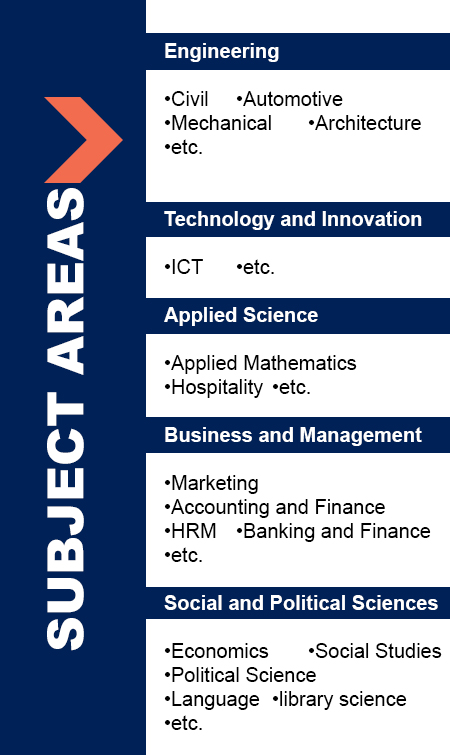Service, game and livelihood, the new dimensions of neutralization techniques in Internet Romance Fraud: Extending the Neutralization Theory in Modern Internet crimes.
DOI:
https://doi.org/10.47127/ijtmr.v8i1.182Keywords:
internet, romance, fraud, neutralization, fraud intention.Abstract
Internet romance fraud is a serious international crime made possible by the use of the internet and social
media dating sites. It is a relationship fraud based on mutual love shared between the victims and their
offender partners, without the victim knowing that the offenders have criminal intent to defraud the victim.
This crime affect victims in developed countries who are referred to as ‘clients’ by their offenders’ partners.
Offenders use neutralization techniques to rationalize and justify their deviant behavior by deflecting the quilt
associated with this crime. This study surveyed 320 respondents in validated internet romance fraud (IRF)
hotspots. Variance-based partial least square (SmartPLS) with structural equation modeling (SEM) was used
to investigate casual relationships among the various. The findings indicate internet romance fraudsters”
(IRF) use neutralization methods (“condemn of the condemners”, “denial of injury”, “denial of victim,”
“denial of responsibility”, game, service and livelihood) to justify their crimes. The offenders do not use
defense of necessity and metaphor of the ledger to rationalize their crimes against their victims. The evidence
from this study suggests new dimensions of neutralization techniques (game, service and livelihood) have
been introduced by criminals to justify their crimes. The empirical evidence from this study suggests that
crime intention in the context of IRF is carried on to the actualization of the crime, a novelty in IS research.
The implication of this suggests that criminals are using new techniques in emerging crimes (IRF). Law
enforcement and prosecution should arm themselves to deal with the new way of crime justification and
rationalization.








